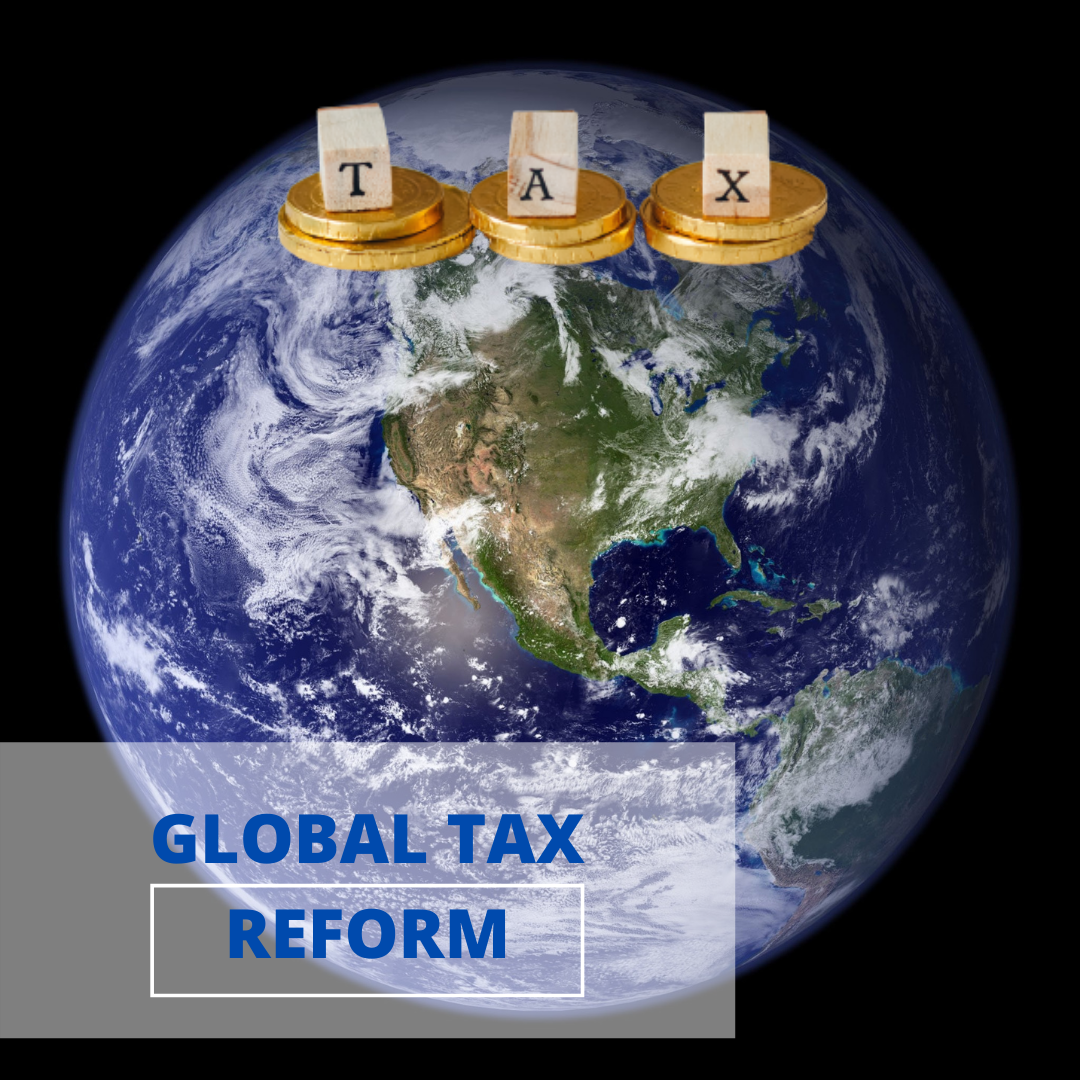On Thursday, July 1, 2021, the OECD announced that negotiators had agreed to a recommended minimum company tax rate of at least 15%.
"Today is a historic day for economic diplomacy," stated US Treasury Secretary Janet Yellen.
The taxation of large IT companies has been a point of controversy between the United States and other nations.
The ideas, according to the Organisation for Economic Co-operation and Development (OECD), may raise roughly $150 billion (£109 billion) in annual tax revenues.
However, the Paris-based organisation acknowledged that Ireland and Hungary, both of which have low corporation taxes, had not signed on to the global minimum wage agreement.
The accord was supported by all G20 countries, including the United States, the United Kingdom, China, and France.
Participating nations are now expected to strive to implement relevant legislation to bring in the bare minimum, but details such as possible exclusions for specific industries are still being worked out.
Countries have also agreed to new taxation laws for the world's largest corporations. They propose that taxing rights on more than $100 billion in profits be transferred to nations where revenues are created, rather than to countries where a company's headquarters are located.
The US government on supporting global tax reform
The agreement, according to US Treasury Secretary Janet Yellen, signals the end of a "race to the bottom" on tax rates.
The Biden administration has been pressing for a global agreement while also attempting to raise taxes at home. It has, for example, advocated for a hike in the corporation tax rate in the United States from 21% to 28%.
This arrangement has been in the works for a long time. The negotiations had stalled, owing in large part to the United States' lack of enthusiasm for either of the main ideas.
All of that changed in January when the new administration in Washington took office. President Joe Biden and Treasury Secretary Janet Yellen both desired a compromise and made specific recommendations. They want to increase more taxes to help the government recover from the pandemic and fund its spending ambitions.
The UK government on supporting global tax reform
Chancellor Rishi Sunak cited the G7 summit in London this month, where rich countries vowed to combat tax evasion:
“We achieved a historic agreement that will see the largest multinational tech giants pay the right tax in the right countries.
"I'm pleased to see this momentum has continued and welcome the OECD's progress today.
"I look forward to continuing discussions with our global partners in the coming months with a view of finalising the details by October," he said.
A few nations, including three in the EU - Ireland, Hungary, and Estonia - have resisted the reforms since their company taxes are lower than the recommended minimum.
However, if the deal goes as planned, remaining out won't assist them. It has a "top-up" clause, which means that if a subsidiary pays less than the minimum, the parent business will receive an additional bill. For accounting and business advice, please contact Persona Finance, [enquires@personafinance.co.uk].



